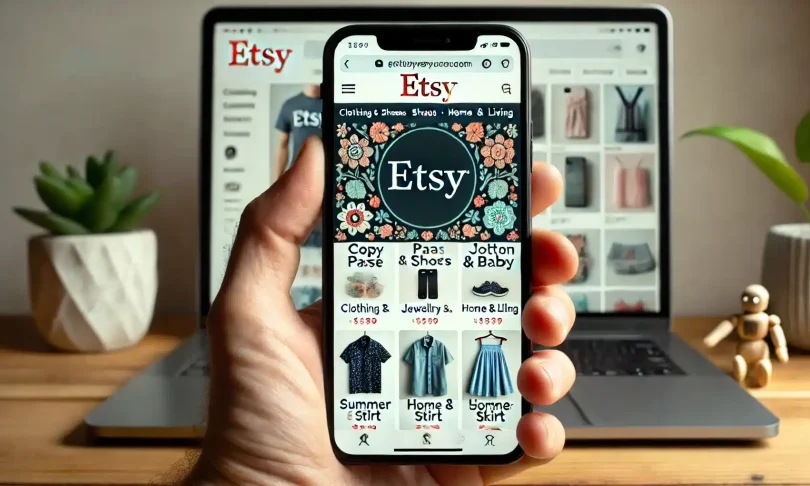
Etsy Introduces New AI-Generated Item Guidelines in Seller Policy
Generative AI
Zaker Adham
08 October 2024
02 August 2024
|
Zaker Adham
Summary
Summary
AI music startups Suno and Udio are pushing back against copyright infringement lawsuits, claiming their methods fall under fair use and accusing major record labels of stifling competition.

Several weeks after being hit with copyright infringement lawsuits, AI music startups Suno and Udio have accused major record labels of trying to suppress competition in the music industry. Both companies have admitted to using copyrighted materials to train their music-generating AI models but argue that this practice is lawful under the fair-use doctrine.
The lawsuits, filed in June by the Recording Industry Association of America (RIAA), represent major labels like Universal Music Group, Sony Music Entertainment, and Warner Records. The RIAA claims that Suno and Udio engaged in "massive unlicensed copying of sound recordings," seeking damages of up to $150,000 per infringed work.
Suno and Udio's AI tools allow users to create songs by inputting written descriptions. The RIAA alleges that some generated tracks feature vocals resembling those of famous artists like Bruce Springsteen, Michael Jackson, and ABBA. Suno reported that its music generator had been used 12 million times since its launch in December 2023.
In their legal responses, Suno and Udio argue that the lawsuits reflect the music industry's resistance to competition. Udio stated, "Helping people generate new artistic expression is what copyright law is designed to encourage, not prohibit." They claim their use of existing sound recordings to identify musical patterns and enable new creations is a clear example of fair use.
Suno, in a blog post, likened its AI model training to "a kid learning to write new rock songs by listening to rock music," rather than simply copying tracks. They noted that other AI providers, such as OpenAI, Google, and Apple, also use online music for training data. "Learning is not infringing. It never has been, and it is not now," Suno asserted.
Other AI companies have similarly invoked fair-use doctrine to defend against copyright lawsuits. In June, Microsoft AI chief Mustafa Suleyman incorrectly claimed that anything published on the open web becomes "freeware" for anyone to use.
Responding to Suno and Udio's filings, the RIAA stated that the companies failed to obtain proper consent to use copyrighted works, unlike services like YouTube. "There’s nothing fair about stealing an artist’s life’s work and repackaging it to compete with the originals," the RIAA said. "Their vision of the 'future of music' is one where fans no longer enjoy music by their favorite artists because those artists can no longer earn a living."

Generative AI
Zaker Adham
08 October 2024

Generative AI
Zaker Adham
06 October 2024

Generative AI
Zaker Adham
02 October 2024

Generative AI
Zaker Adham
21 September 2024